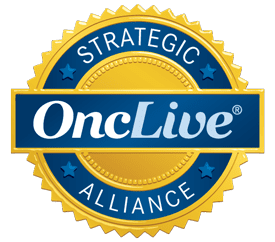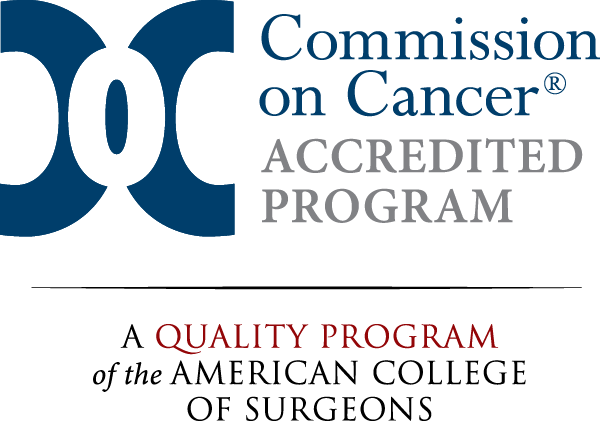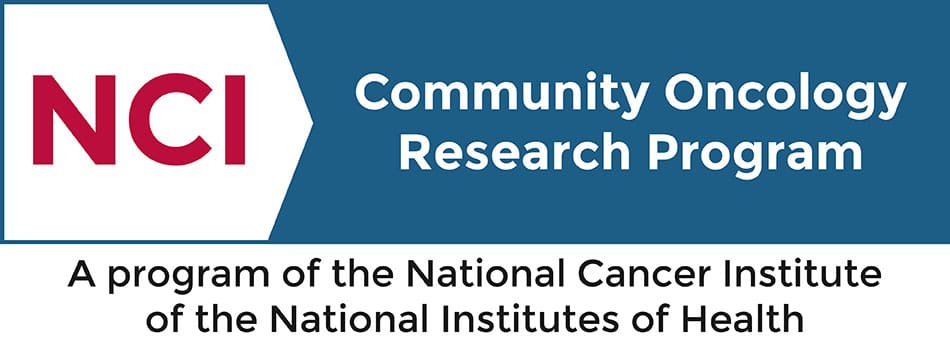Clinical trials are at the heart of all medical research. For those who participate, they provide access to the latest advances available; and for future generations, they offer new ways to detect, treat and prevent diseases like cancer.
If you’re considering volunteering for a clinical trial, you likely have many questions you’ll need answered before you decide to participate. Here are answers to some frequently asked questions you might have about clinical trials and some insight into the process.
Q: What is a cancer clinical trial?
A: A clinical trial is a voluntary research study conducted on people that tests how well a new medical approach works. The study could be testing the safety or effectiveness of a drug, vaccine, therapy or a new way of using an existing treatment.
Q: What are the different phases of a clinical trial?
A: Clinical trials typically have four phases that involve different numbers of patients and have different areas that research focuses on:
Phase I — 15-50 people; focuses on safety and proper dosage
Phase II — less than 100 people; focuses on side effects and effectiveness
Phase III — hundreds of patients; compares the new treatment to the existing treatment
Phase IV — thousands of people; treatment is approved and available, and long-term effects are observed
It’s important to note that each participant will only be involved in one phase of the study. Treatments move through the phases, but patients don’t.
Q: Who can participate in a cancer clinical trial?
A: Every clinical trial has its own eligibility criteria outlining who can and can’t participate. Eligibility criteria include factors such as age, gender, ethnicity, type of disease or other factors. Some studies ask for healthy participants, while others seek patient volunteers.
Q: Does insurance cover clinical trial costs?
A: According to the National Cancer Institute, federal law requires most health insurance plans to cover routine patient costs in clinical trials under certain conditions. Health plans aren’t required to cover the research costs of a clinical trial. Typically, the patient or patient’s insurance company is asked to pay for any routine test treatments or procedures that would be required as standard of care treatment. Patients generally do not have to pay extra out of pocket costs for treatments as a part of trial. Usually, clinical trial sponsors pay for research related cost and any special testing.
Q: What are the potential risks and benefits of participating in a clinical trial?
A: The question of safety is an important one. As with any research, there are both benefits and risks. Every clinical trial must be approved and monitored by an Institutional Review Board (IRB) to make sure the risks are as low as possible and are worth potential benefits.
Some benefits participants may see include helping to advance disease treatments and disease prevention, playing a more active role in their health, and possibly gaining access to a potential new treatment for a disease before it’s widely available. The benefits must be weighed against possible risks, which can include experiencing unpleasant or serious side effects, not being able to choose your treatment, longer medical appointments, more procedures or additional hospital stays.
Q: What is a placebo, and what are the chances that I receive them?
A: A placebo is a treatment that appears real but is designed to have no therapeutic benefit. A placebo can be a sugar pill, a water injection or even a fake surgical procedure. The placebo effect is a phenomenon in which people report real improvement after taking a “fake” treatment. Researchers use placebos to eliminate the effect expectations can have on the outcome.
Q: What is informed consent and why is it necessary for clinical trials?
A: Informed consent means that the purpose of the research is explained to the participant, including what their role will be and how the trial will work. It’s necessary because as medical products are being developed, no one knows for certain how well they’ll work or what risk will be uncovered. So, for people to make an informed decision about whether to participate in a clinical trial, they need to be informed about what will be done to them, how the plan of research works and what risks they may experience.
Informed consent process goes on throughout the trial participation. During the course of the trial, you may be told of new findings, benefits or risks. At that time you can decide whether to continue participation or leave the trial.
Q: Can I withdraw from a clinical trial?
Yes. You can withdraw a clinical trial at any time by letting the study team know of your decision to quit. This will not affect your access to healthcare at Capital health Systems Inc.
Q: Why should someone participate in a clinical trial?
A: Both healthy volunteers and patients with an illness or disease have good reasons to participate in clinical trials. Participation can:
- Help future generations by making new treatments available
- Advance scientists’ understanding of the disease or illness
- Offer hope through further treatment options
- Give participants access to experimental cutting-edge treatment options
Q: How can someone find cancer clinical trials they may be eligible for?
A: The best first step is to talk with their doctor or member of the person’s health care team. The team may know about a clinical trial that would be the right fit for the patient and can research trials and answer questions. Many cancer centers may have online resources to help prospective participants find clinical trials.
____________________________________________________________________
If you’re interested in participating in a clinical trial, complete our online form and a member of our care team will be in touch with you. If you have additional questions we didn’t address here, or questions that are specific to you, call us at 609-303-4444. If you’d like to consult with a Capital Health Cancer Care physician, we encourage you to schedule an appointment.



